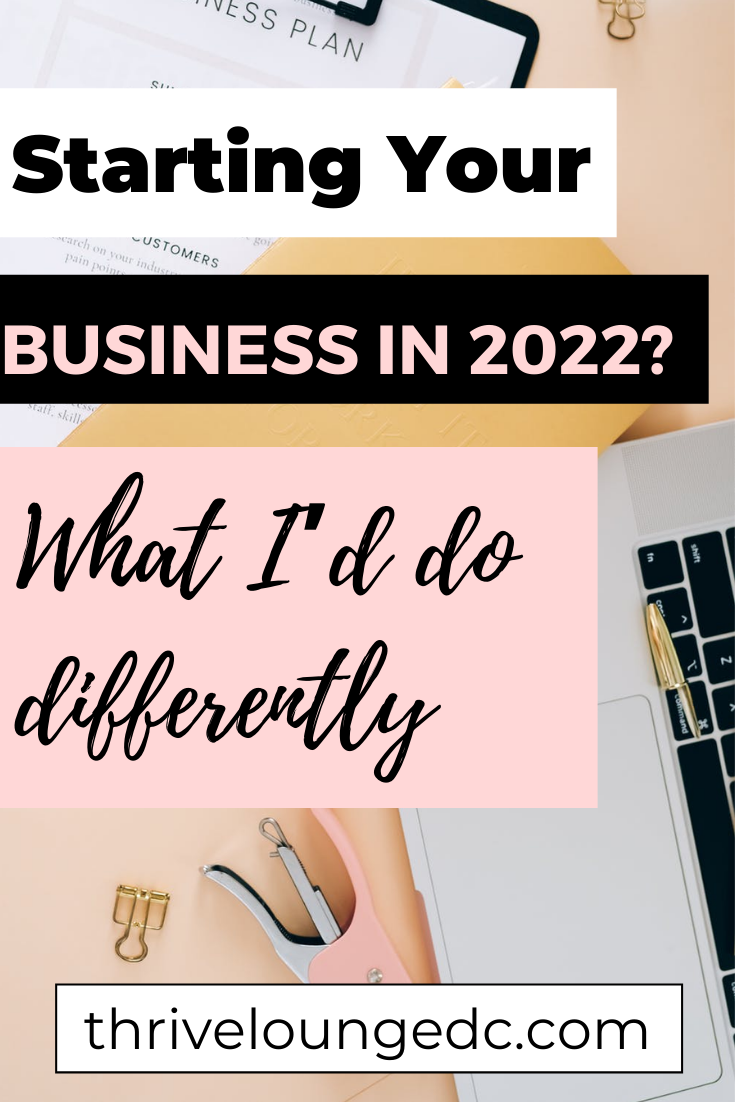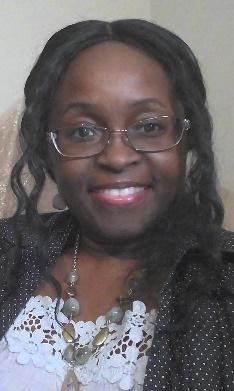Growing up, my parents had a lot of stuff.
We had three cars, including a Mercedes Benz and Cadillac Escalade. I distinctly remember having a TV in each room with a stack of DVDs about as tall as my 4-foot 10-year-old body (and about four of me wide). My stepdad never left the house with out his signature chain and watch.
I just knew we were rich. How else could we afford all this stuff?
I always imagined my future would be the same: I'd have so many lavish things (the best TVs, movie collection, elaborate entertainment centers, etc.) that friends and family would always want to come to my house for social gatherings.
ALWAYS.
As an adult, I felt like I'd won at life when I got my first car: a new(ish) convertible mustang. She was my baby. Before the car note was paid off on her, I upgraded her to a Mercedes Benz truck. I was 24 and drowning in debt, but in my head I was #winning.
I had a beautiful apartment in the best neighborhood (because my daughter just had to go to THE BEST schools). I "invested" in phones, cameras and computers.
I mean, I had to keep up with our way of life, right?
Then, I found out about minimalism and I felt like a complete idiot.
What is Minimalism?
Minimalism is the alignment of your spending with your values. This requires that you get crystal clear on what things you want in life and then consciously take things that do not align with your values out of your life.
You might think that minimalism means you can’t have nice things. In reality, you can have anything you want. The key to minimalism is only bringing things into your life that you have a strong feeling about. Things that align with your purpose and your passions.
Why Did I Start Minimizing My Life?
I didn’t intend to become a minimalist. In fact, I intended to be quite the opposite. I planned to have many lavish things.
However, there came a moment, somewhere between the fancy car and the nice apartment that I realized I couldn’t afford my lifestyle. I was constantly working just trying to keep up with all of the bills that this life required.
I was becoming tired, depressed and slightly suicidal just thinking about how much I had to work just to pay bills.
I couldn’t afford anything outside of my bills. No self care. No family vacations. No pie.
That’s when I decided I needed to get rid of my bills. Getting rid of my bills meant that I needed to get rid of my stuff.
I never wanted to get rid of my stuff.
I felt like I was losing. I was a failure because I couldn’t figure out how to afford the lifestyle that I wanted without selling my soul to work.
I minimized because I wanted my life back.
Let me break down what I saw before Minimalism (B.M.):
Fancy Car! = Travel in Style
Nice Apartment! = Best Education & Schools
Computers & iPads! = Newest and Fanciest Gadgets & Tools
I was successful even though I had to work three jobs just to live paycheck to paycheck and barely afford all of my things.
I was successful because my daughter could attend a nice school. I could drive around in a nice car. I could look like a success to others.
Here's what that looked like after Minimalism (A.M.)
I decided I’d only keep things in my life that I absolutely needed to survive. I took a look at everything I had in terms of how much it was costing me every month.
At a deeper level, I started to ask how much I’d have to work to be able to afford each one.
FANCY CAR
Monthly car payment: $650 / month
Car insurance: $250 / month
Weekly gas tank re-fill: $80 ($240 / month)
Quarterly maintenance: $900 (This is variable, but $900 was like the standard at the benz store. For example, replacing the windshield wipers cost me $250. I'll estimate $300 / month to make the math easy here.)
FANCY APARTMENT
Rent: $1600 / month
Utilities: $100 / month
Internet: $70 / month
MONTHLY OVERHEAD
My monthly overhead is the minimum amount of money I would have to make before I broke even.
That means, if I want to save any money, I would have to make at least that much money - and then I'd need to make more to be able to save anything.
Note: This does not include any credit card bills, groceries or any entertainment. #facepalm
Overhead = Fancy Car Bills + Fancy Apartment Bills
($650+$250+$240+$300)+($1600+$100+$70)=$3,210
Minimalism and Debt
With this much overhead each month, I couldn't get out of debt, no matter how hard I worked! I kept thinking I needed to work more, work harder and increase my skills so I could make more money.
In my head, I was living a normal life. Everyone wants cars and their own space... why can't I seem to afford... the basics?
Once I started to minimize my life, I noticed that I no longer need as much money to survive.
I did a voluntary repossession on my car and then no longer needed to pay a car note, car insurance or maintenance. I moved in with my mother and no longer needed to pay high rent every month.
Almost immediately, I stopped working three jobs and eventually got down to just one freelance client.
Because I didn’t need money to cover my excessive overhead, I could now pursue my Master’s Degree that I had been wanting to find time (and money) for. I could focus on finding a job that fit my personality and values. I could spend my time networking and making the right connections in order to help me move forward.
Related Content: How to Guarantee Grad School is Worth Your Time and Money
Freeing myself of the things allowed me to reduce my monthly debts and gain the freedom to choose how I wanted to spend my time. (Because for the first time, I had free time!)
Minimalism gave me my first taste of freedom… and I was never going back.
How To Minimize Your Life
DEFINE YOUR VALUES
The key to minimalism is defining what’s important to properly make decisions that align with what fills your soul and makes you happy.
In my life, I had to realize that my car and apartment weren’t making me happy. They were just taking up my time and energy.
RE-EVALUATE THE THINGS YOU ALREADY HAVE IN YOUR LIFE
Take a look at all of the things you currently have in your life and ask yourself whether each thing truly brings you joy or serves a practical purpose. If an item doesn’t do either of those things, then see if it’s possible to remove it from your life.
When I moved back in with my parents, I decided I’d only take things with me that aligned with my core identity. I got rid of a ton of things:
Arts and crafts materials that I hadn’t used in years
Books I never planned to read again (Ex. College Textbooks)
Wine glass sets I wouldn’t need at my parent’s house since I wouldn’t be entertaining there
Promotional items from a failed startup
Clothes in the back of my closet that I never wore
I started to equate getting rid of things with freedom. My stuff would no longer weigh me down or hold me back.
BE CAREFUL ABOUT WHAT YOU BRING INTO YOUR LIFE
Once you’ve purged all of the things that you don’t want in your life, your next job is to ensure you don’t over-complicate your life going forward by bringing in things you don’t need.
One of my favorite sayings is “If it’s not a HELL YES, it’s a HELL NO.”
That means if you’re not super excited and enthusiastic about something, than feel confident in saying no to bringing it into your life. This is true for friends, associates, colleagues, opportunities as well as material items.
Only bring things into your life that align with your values and what YOU want out of your life.
Minimalism allowed me to reduce the amount I was spending on things that I didn’t care about, and to start spending my money on the things that mattered the most. It gave me freedom. It gave me choices. And I’m forever grateful.
Do you have any examples of how minimalism improved your life? What’s the next step you are going to take?
Want To Start Planning Your Vision Board Party?
Download the FREE vision board party planning checklist.
Craft your inspiring vision board workshop talk with our FREE High Impact Storytelling Journal Prompts.
Plan, promote & host your first (or next) professional & profitable vision board workshop with our signature course, Sold Out Vision Board Parties.

![Where To Buy Magazines For Your Vision Board Party [updated 2023]](https://images.squarespace-cdn.com/content/v1/57d0d23e579fb3d89aa6c53e/1530138639042-H0LBZSZTR3JYBWKCYKLN/StockSnap_5FGEKJTGDV.jpg)












